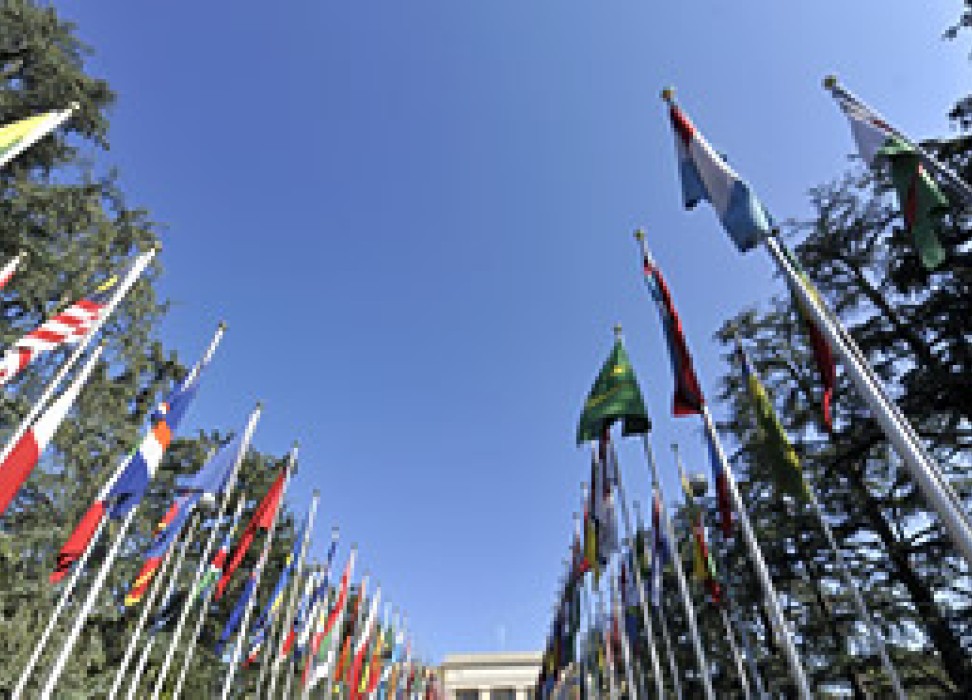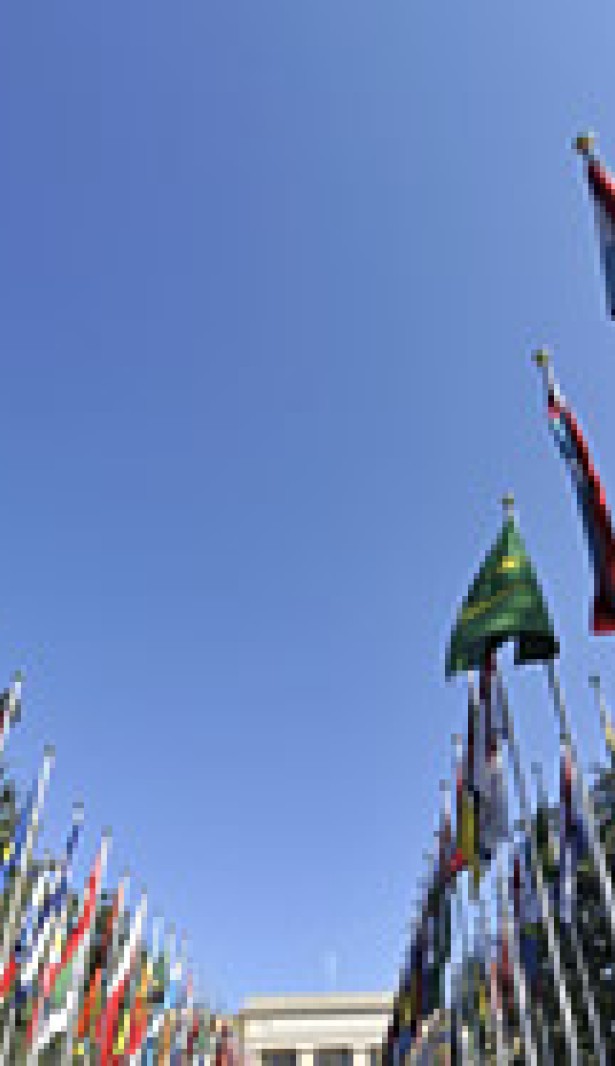Strengthening the bond between parliaments and national human rights institutions
02 April 2012

National Human Rights Institutions (NHRIs) have a crucial role in the promotion and monitoring of the effective implementation of international human rights standards at the national or country level.
NHRIs receive and consider complaints of human rights violations, participate in accountability and transitional justice processes in countries affected by conflict or in transition after conflict, assist in the development of democratic institutions and organize capacity-building especially in the areas of accountability, the rule of law and democracy.
NHRIs are funded by the State but are independent of it: they are not NGOs but they act as a ‘bridge’ between civil societies and Governments. They are known by different names in different countries, for instance they may be called Human Rights Commission, Ombudsman, Public defender, Provedor or Defensor.
Whatever the title, NHRIs must comply with the internationally agreed Paris Principles which identify their human rights objectives and provide for their independence, broad human rights mandate, adequate funding, and an inclusive and transparent selection and appointment process.
The UN Human Rights office has identified as one of its primary goals assisting NHRIs to achieve the standards set down in the Paris Principles.
Addressing a recent expert gathering on the relationship between NHRIs and parliaments in Belgrade, Serbia, Vladlen Stefanov, from the UN Human Rights office, said that although much progress had been made in the development of human rights laws and standards, “one of the most significant challenges to the full realization of human rights still remains [their] practical implementation at the national level, [and]in this regard, parliaments and national human rights institutions have a critical role to play.“
Slavica Djukic Dejanovic, Speaker of the National Assembly of the Republic of Serbia, in her introductory speech, said that parliaments, besides creating legal frameworks and ensuring their compliance with human rights standards, have another obligation, to facilitate the work of human rights institutions, such as the Ombudsman in Serbia.
The aim of the gathering was to facilitate discussions globally on a framework of cooperation between parliaments and national human rights institutions.
The Serbian Ombudsman, Sasa Jankovic, noted that the “independence of NHRIs is not a privilege established for anyone’s comfort but a requirement and a necessity” needed to ensure that human rights protection does not depend on daily politics.
Jankovic said that a “special challenge to independence of national human rights institutions is the relationship with its ‘institutional parent’, the Parliament”. The “possibilities for complementary actions and mutual empowerment of the parliaments and NHRIs are huge”, he said, and should not be limited only to the issues of appointment, dismissal and accountability.
At the conclusion of the meeting, the expert participants adopted by consensus the “Belgrade Principles” which define the relationship between the two institutions, with a view to strengthening and better describing the ‘effective cooperation’ stipulated in the Paris Principles.
The UN Human Rights office, the International Coordination Committee of National Human Rights Institutions, the Ombudsman and the National Assembly of the Republic of Serbia, organized the International Expert Seminar on relations between Parliaments and NHRIs with the support of the United Nations Country Team in Serbia.” OHCHR Human Rights Adviser, Marija Raus, supported the event, working closely with the United Nations Country Team in Serbia and the Resident Coordinator.
2 April 2012

